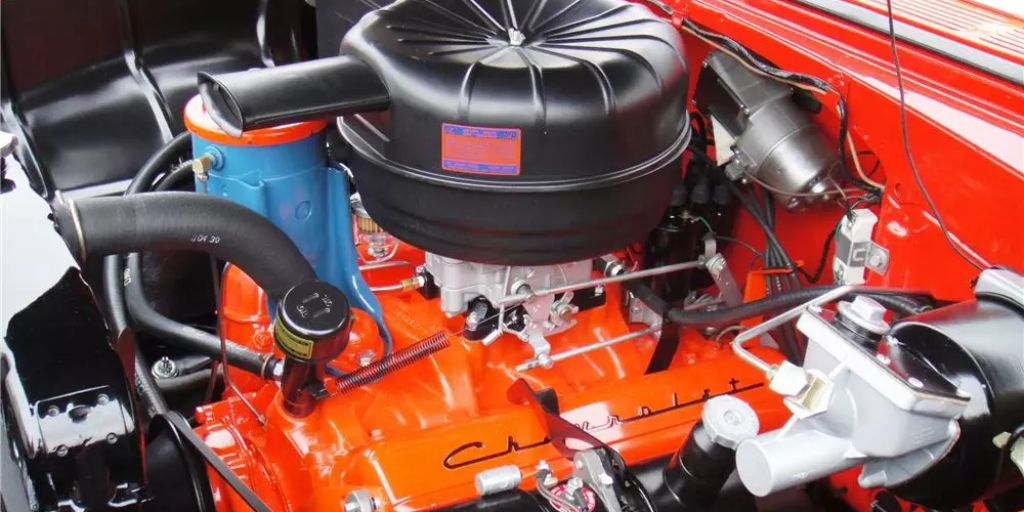When it comes to engines, mechanics are the ultimate authority. They are the ones who understand the intricate details of how an engine operates, the weaknesses that can lead to failure, and the hidden strengths that make certain engines stand the test of time.
Mechanics don’t just fix engines—they live and breathe the mechanics behind them, and their experience allows them to recognize which powertrains are truly built to last.
So, when a mechanic says they would bet their own money on an engine, you can be sure that they’re not just making a casual recommendation.
They’re basing their judgment on years of hands-on experience, from the shop floor to the racetrack, and their insights reflect the real-world performance and reliability of an engine.
But what are these engines that mechanics trust with their own hard-earned cash? In a world dominated by flashy new technologies, mechanics often lean towards engines that are simple, durable, and proven.
These are the engines that have earned a reputation for reliability, withstanding extreme conditions, and keeping their owners on the road for years, if not decades.
When mechanics choose their go-to engines, it’s not about cutting-edge features or horsepower alone—it’s about staying power, ease of maintenance, and real-world resilience.
In this article, we’ll take a closer look at the engines that have earned the trust of the men and women who work on them every day.
From American muscle to German precision and Japanese engineering, these are the engines mechanics would bet their own money on, knowing full well that they can count on them to keep running, no matter what.
Also Read: 5 Legendary V6 Engines That Refuse To Die and 5 That Self-Destruct
The Engines Mechanics Would Bet Their Own Money On.
The Legendary Small-Block Chevrolet V8
When it comes to engines mechanics would confidently place their bets on, the Chevrolet small-block V8 is always at the top of the list. Introduced in 1955, this engine revolutionized American muscle cars and performance vehicles, and it has stood the test of time like few others.
Its simple, efficient design combined with vast aftermarket support makes it a go-to engine for mechanics in every corner of the automotive world.
The small-block V8 is renowned for its robustness and ease of maintenance. Its simplicity allows for straightforward repairs and modifications, and the engine’s legendary performance has made it a favorite in everything from street machines to off-roaders and racing vehicles.
Mechanics know that with a well-maintained small-block V8, they’re looking at a powertrain that can run for hundreds of thousands of miles, offering reliable performance every step of the way.
Over the decades, Chevrolet has produced various iterations of the small-block V8, all of which retain the core qualities that make this engine so revered.
The engine’s impressive torque delivery, excellent fuel efficiency for its size, and adaptability to different vehicle types mean it remains one of the most popular engines for enthusiasts and professionals alike.
Whether it’s a vintage classic or a new model, the small-block V8 continues to live up to its reputation.
The Toyota 22R – A Rock-Solid Workhorse
Toyota’s 22R engine is another favorite of mechanics, especially those who have worked on Japanese off-road and utility vehicles.
This 2.4-liter four-cylinder engine, produced from the late 1970s to the mid-1990s, is widely praised for its reliability, simplicity, and ease of maintenance.
The 22R was a staple in many Toyota trucks, including the iconic Toyota Hilux, as well as the 4Runner and other SUVs. It’s known for being a virtually indestructible engine that can handle tough conditions without missing a beat.
Mechanics have long respected the 22R for its durability and the fact that it rarely requires major repairs. Its low-tech design—without overly complex electronics—means even amateur mechanics in remote areas can easily service it, which makes it a reliable option for both daily drivers and off-roaders in the toughest environments.
The 22R’s long-lasting reputation is one of the primary reasons it continues to hold its place as one of the engines mechanics would bet their money on.
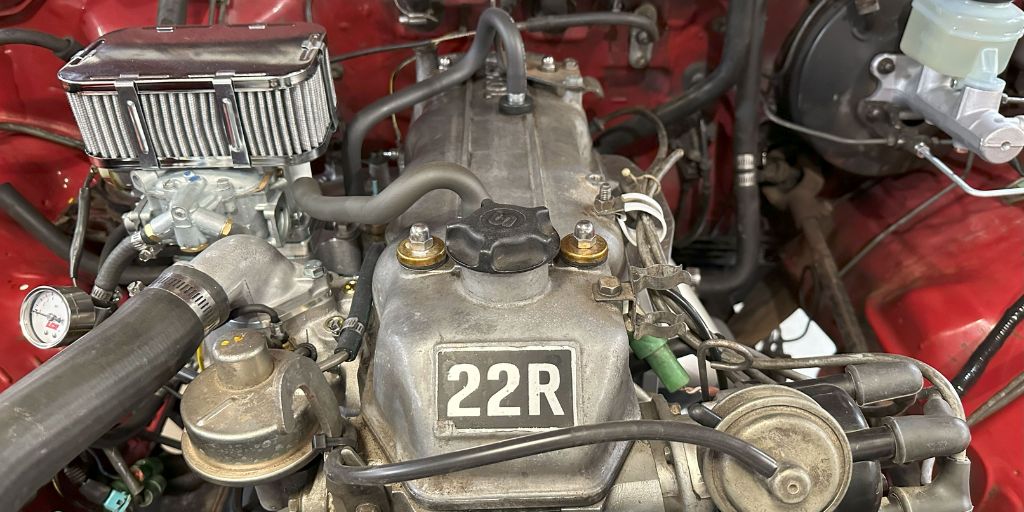
Many of these engines have now crossed the 300,000-mile mark, still running strong, making it a symbol of Toyota’s legendary reliability.
The 22R’s availability of replacement parts and easy-to-service components make it a mechanic’s dream, capable of running smoothly for decades with minimal intervention.
The Mercedes-Benz OM617 Diesel Engine
The Mercedes-Benz OM617 diesel engine is a stalwart of longevity and dependability, particularly in the context of overlanding and long-distance travel.
This 5-cylinder, 3.0-liter diesel engine, produced from the 1970s to the 1980s, became known for its incredible reliability and impressive fuel efficiency.
Mechanics who have worked on these engines swear by their ability to withstand incredibly harsh environments, making them a prime choice for off-roaders and travelers seeking a reliable powertrain for their journeys.
The OM617 has built its reputation as one of the most durable diesel engines ever made. Known for its simplicity, the OM617 was engineered to be low-maintenance and to endure long runs without overheating or suffering from wear and tear.
Mechanics frequently point out that these engines are incredibly forgiving when it comes to subpar fuel quality, something particularly important for those undertaking long-distance trips in remote parts of the world.
The engine’s ruggedness, coupled with its efficiency, makes it an ideal choice for off-roaders and adventurers who need a no-nonsense engine they can trust.
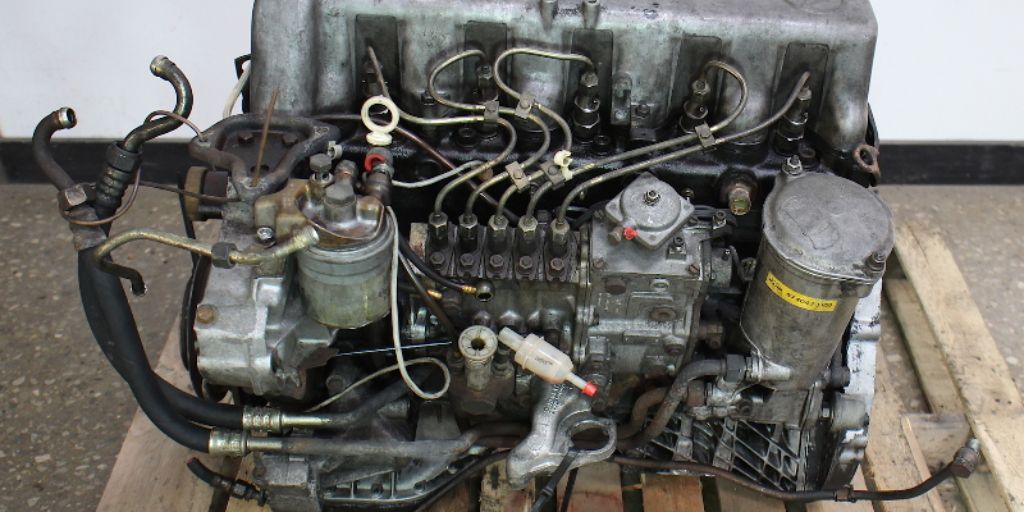
Despite being over 40 years old, many OM617-powered vehicles are still on the road, running smoothly after hundreds of thousands of miles.
Mechanics particularly love the engine’s straightforward design, which allows for easy repair and part replacement, even in challenging conditions.
For those looking for a durable diesel engine that requires minimal intervention, the OM617 is one that has proven itself time and time again.
The Ford 300 Inline-Six
Ford’s 300 cubic inch inline-six, or “Ford 300,” is another engine that mechanics would put their money on, especially when it comes to reliability and durability.
Produced from the late 1960s through to the early 1990s, the 300 inline-six was a workhorse engine, particularly in Ford’s trucks, vans, and commercial vehicles.
Its rock-solid reputation for durability, long-lasting performance, and simplicity has made it a trusted option for mechanics.
The 300 engine is known for its incredible torque, making it ideal for both towing and off-road use. Mechanics appreciate the engine’s easy-to-maintain design and the fact that it’s virtually indestructible when cared for properly.
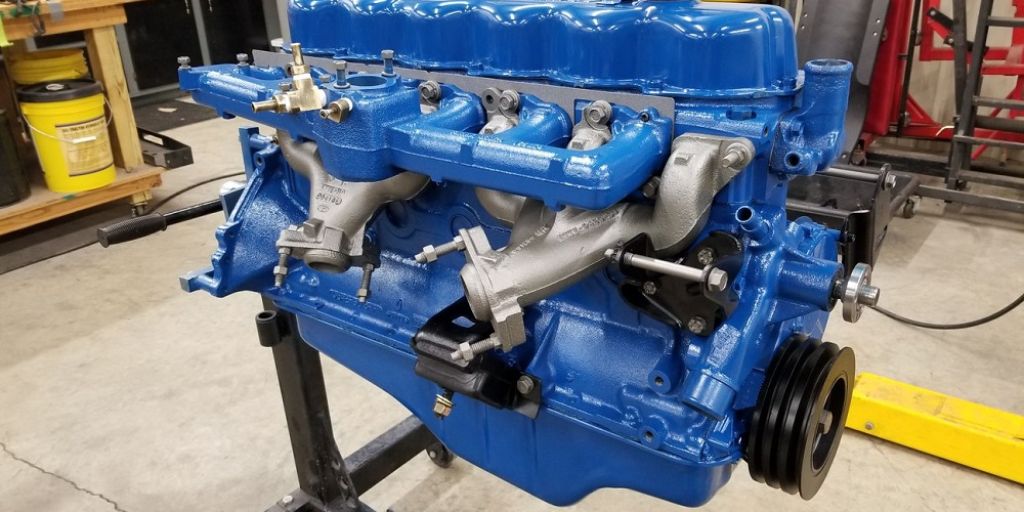
Whether used for hard-working applications or simply as a daily driver, the Ford 300 inline-six has earned its place as a mechanic’s favorite, capable of running well beyond the 300,000-mile mark with minimal maintenance required.
The engine’s low-tech setup means that even in remote locations with limited tools, mechanics can work on it without needing special equipment or diagnostic tools.
Additionally, parts for the Ford 300 inline-six are widely available, making it easy to keep these engines running smoothly for years. For any mechanic, an engine with such simple yet effective design and extensive parts support is a winner.
The Honda K-Series Engine
On the other end of the spectrum, Honda’s K-Series engines—found in vehicles like the Civic, Accord, and CR-V—have earned a reputation for reliability, performance, and ease of maintenance.
Introduced in the early 2000s, the K-Series engines are known for their smooth operation, high-revving nature, and impressive fuel efficiency.
Mechanics who have worked on these engines often tout them as one of the best four-cylinder options for everyday driving and performance applications alike.
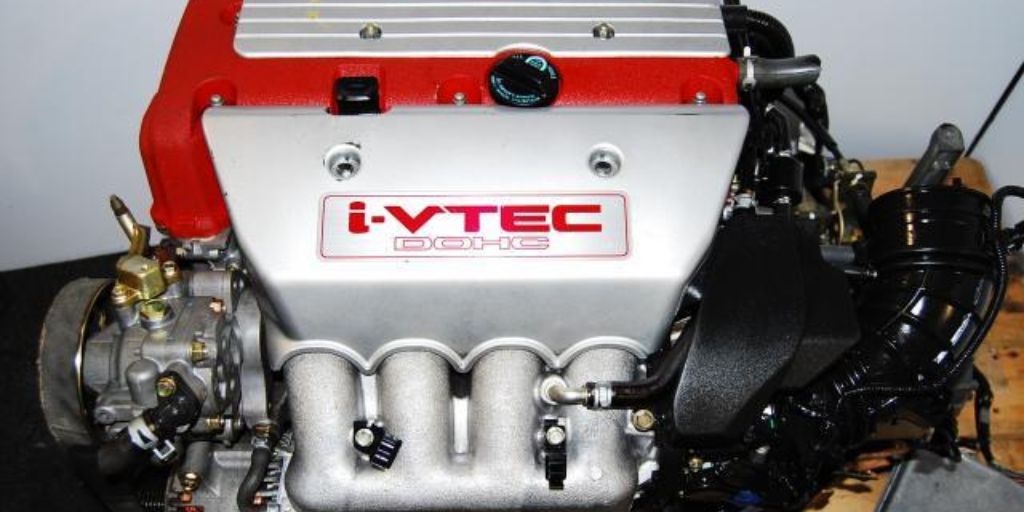
What sets the K-Series apart from other engines is its ability to combine performance with longevity. The engines are compact, lightweight, and designed with precision engineering, making them a favorite among both mechanics and car enthusiasts.
From high-performance builds to daily drivers, the K-Series can be found in a wide range of vehicles, and its reliability in everyday use is one of the primary reasons mechanics trust it.
The K-Series’ reliability is enhanced by its relatively low maintenance needs, though it is also capable of handling performance upgrades, making it a versatile option for those looking to extract even more power from the engine.
Mechanics who have worked with Honda’s K-Series engines know that these engines can easily reach high mileage without issue, providing excellent fuel economy and minimal maintenance costs along the way.
The Cummins 6.7L Diesel Engine
When it comes to heavy-duty diesel engines, the Cummins 6.7L diesel engine is a standout. Used in Dodge RAM trucks, this engine has earned its reputation for being incredibly powerful, reliable, and capable of handling heavy towing, off-roading, and commercial applications.
Mechanics who work with Cummins engines know that the 6.7L is designed to last, providing exceptional performance under pressure.
The Cummins 6.7L diesel engine is designed with durability in mind. Its heavy-duty construction, reinforced components, and advanced turbocharging system ensure that it can handle the rigors of hard work without missing a beat.
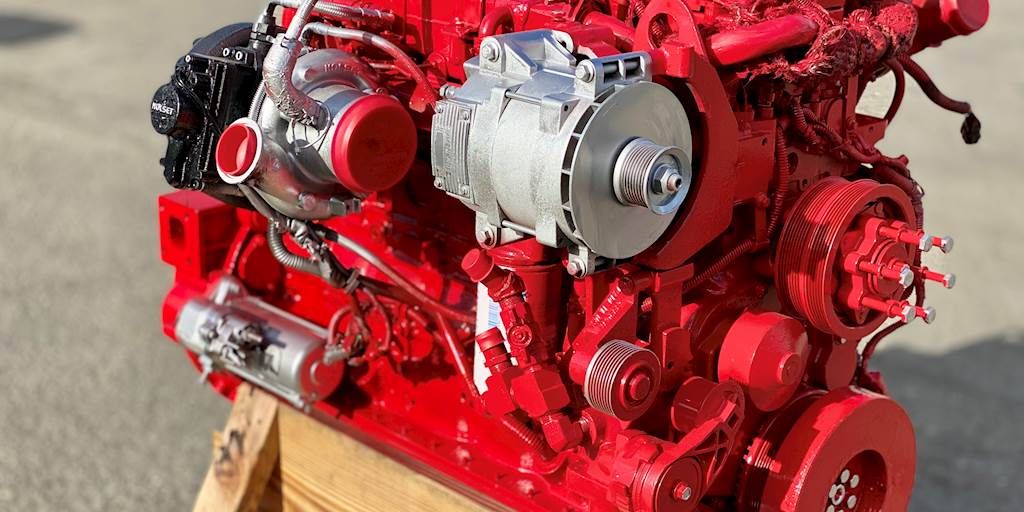
Mechanics particularly appreciate the engine’s ability to take on massive loads and continue running without major issues. The Cummins reputation for strength and performance makes this engine one that many mechanics would happily put their money on.
Additionally, the Cummins 6.7L is relatively easy to maintain, thanks to its simple, accessible design. Parts are widely available, and the engine’s robust construction means that it can endure years of hard use with minimal need for repairs.
Whether used in commercial trucking, off-road applications, or as part of a personal fleet, the Cummins 6.7L remains a top choice for those seeking performance and reliability.
The BMW M50/M52 Inline-Six Engine
The BMW M50 and M52 inline-six engines are also engines that mechanics highly respect for their balance of power, durability, and reliability.
Found in BMW’s 3-series, 5-series, and even some 7-series models from the early 1990s through the mid-2000s, these engines are often regarded as some of the finest examples of German engineering.
The M50 and M52 engines are known for their smooth, almost vibration-free operation, and their performance at both low and high RPMs.
Mechanics who have worked on these engines appreciate the simplicity of their design, which is more straightforward compared to the complexity of modern BMW engines.
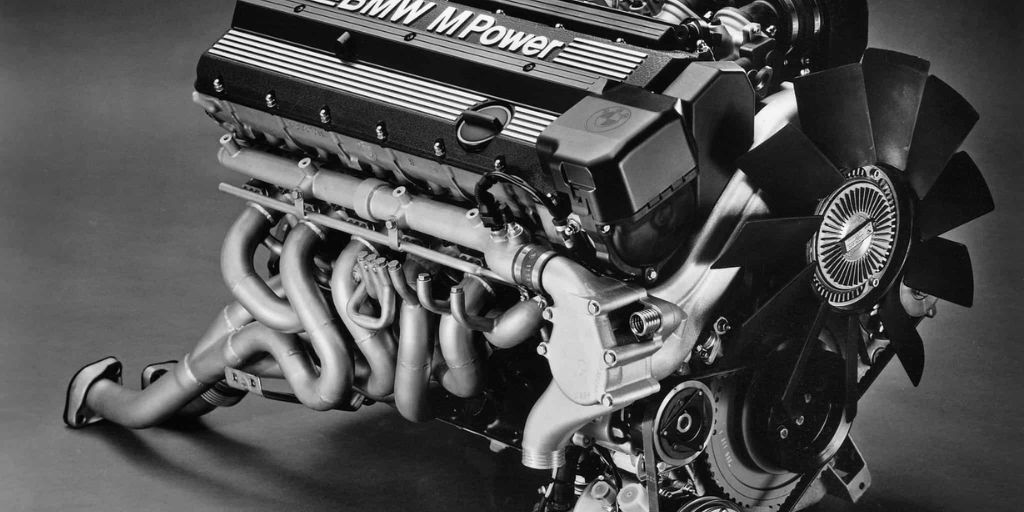
The inline-six layout is inherently balanced, leading to smoother power delivery and less mechanical stress, contributing to the engine’s longevity.
A key reason these engines are trusted by mechanics is their ability to endure high mileage without significant issues when properly maintained. They are also relatively easy to work on, with a solid aftermarket for parts and a strong community of enthusiasts.
Whether in an E30 or an E39, the M50 and M52 engines are known for their reliability and impressive power delivery, making them a favorite for both daily drivers and performance-minded owners.
Why Mechanics Trust These Engines
When it comes to engines, mechanics aren’t just interested in raw power or high-tech features—they care about reliability, durability, and ease of maintenance.
These are the engines that have earned their reputation over decades of hard work, and they continue to prove themselves day after day.
From American muscle to Japanese reliability and German precision, these engines embody the qualities mechanics value most: longevity, simplicity, and performance in the real world.
The engines featured in this article—whether it’s the iconic Chevrolet small-block V8, the indestructible Toyota 22R, or the high-performance BMW M50—are all proven workhorses.
Each of them represents an ideal balance between engineering, usability, and reliability. Mechanics trust these engines because they’ve seen them run for hundreds of thousands of miles, often with minimal issues and easy maintenance.
These engines stand as symbols of mechanical excellence, continuing to serve their owners reliably for years, if not decades.
For mechanics, placing a bet on an engine means having confidence in its ability to handle the challenges that arise with regular use. It’s not just about an engine’s peak performance but its ability to endure over time.
And that’s why these engines remain the engines mechanics trust—not only to keep their vehicles on the road but also to ensure they’re built to last.
In a world of ever-evolving automotive technologies, the engines mechanics would bet their money on remind us that the tried-and-true designs, when maintained properly, are often the ones that go the distance.
These engines will continue to hold a special place in the hearts of both professionals and enthusiasts for many years to come.
Also Read: Top Engines That Outlived the Brands That Made Them

